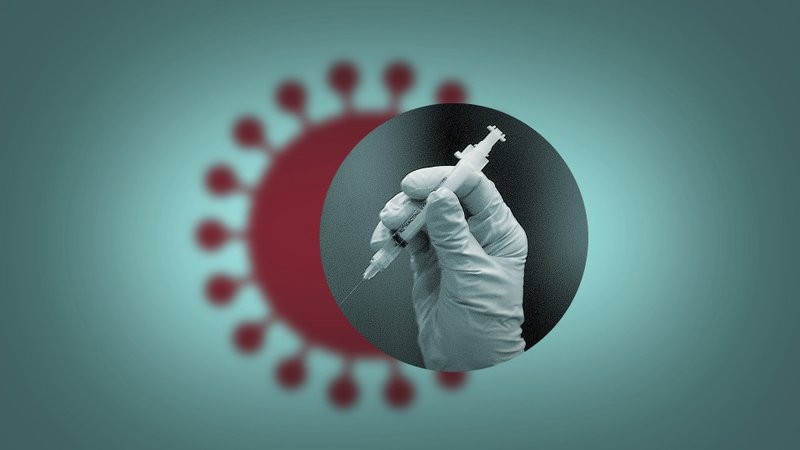The government has decided to extend the gap between the two doses of COVID-19 vaccines by four weeks.
The Health Ministry earlier had planned to give the second dose four weeks after the first but the gap has been extended to eight weeks now, according to Chief of the vaccination section under the Department of Health Services Dr Jhalak Sharma Gautam.
"Different scientific studies and the strategic group of the World Health Organization have recommended to give the second dose eight-12 weeks after the first saying that efficacy of the vaccine increased while doing so," Dr Gautam stated. "The decision has been taken after the vaccine advisory committee in Nepal also recommended the same thing."
The Lancet medical journal published a peer-reviewed study on Friday that showed AstraZeneca and Oxford University’s COVID-19 vaccine, which is manufactured as Covishield in India, is more effective when its second dose is given three months after the first, instead of six weeks.
The study confirmed the Anglo-Swedish drugmaker’s findings from earlier this month that showed the vaccine had 76% efficacy against symptomatic coronavirus infection for three months after the first dose.
Efficacy was found to be at 81% with the longer interval of 12 weeks between the first and second dose, compared with 55% efficacy up to the six-week gap, according to the Lancet study, which backs British and WHO recommendations for longer intervals.
Dr Gautam added that announcement will be made for providing the second dose to the commoners and assured that there will not be scarcity of vaccines to give the second dose. "We will announce only after completing all management works. The second dose will be given in time."
He revealed that the second dose will be given at the same center where the first one is given.
The government initiated the vaccination campaign on January 27 with one million doses of Covishield vaccine manufactured by Serum Institute that the Indian government provided in grant.
Health professionals, ambulance drivers, staffers deployed in management of corpses and sanitation workers received the vaccines in the first stage. Staffers of the United Nations and diplomatic missions and journalists were inoculated in the Kathmandu Valley after that.
The government then started inoculation of staffers at all government offices, public institutions and banks in districts, and plans to inoculate people above 60 years from March 3.
The government has already decided to procure two million doses of Covishield and one million doses of the vaccine arrived on Sunday.

